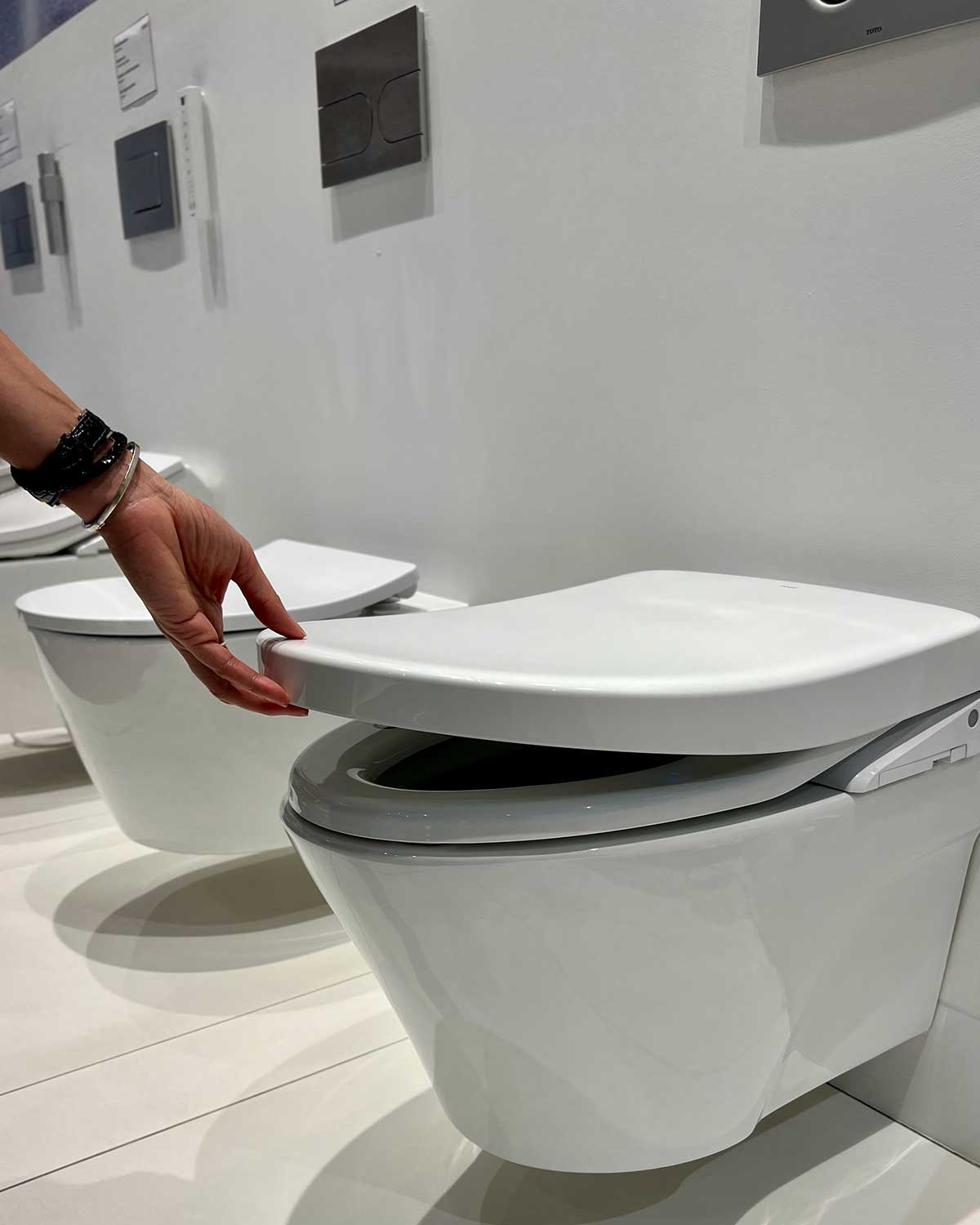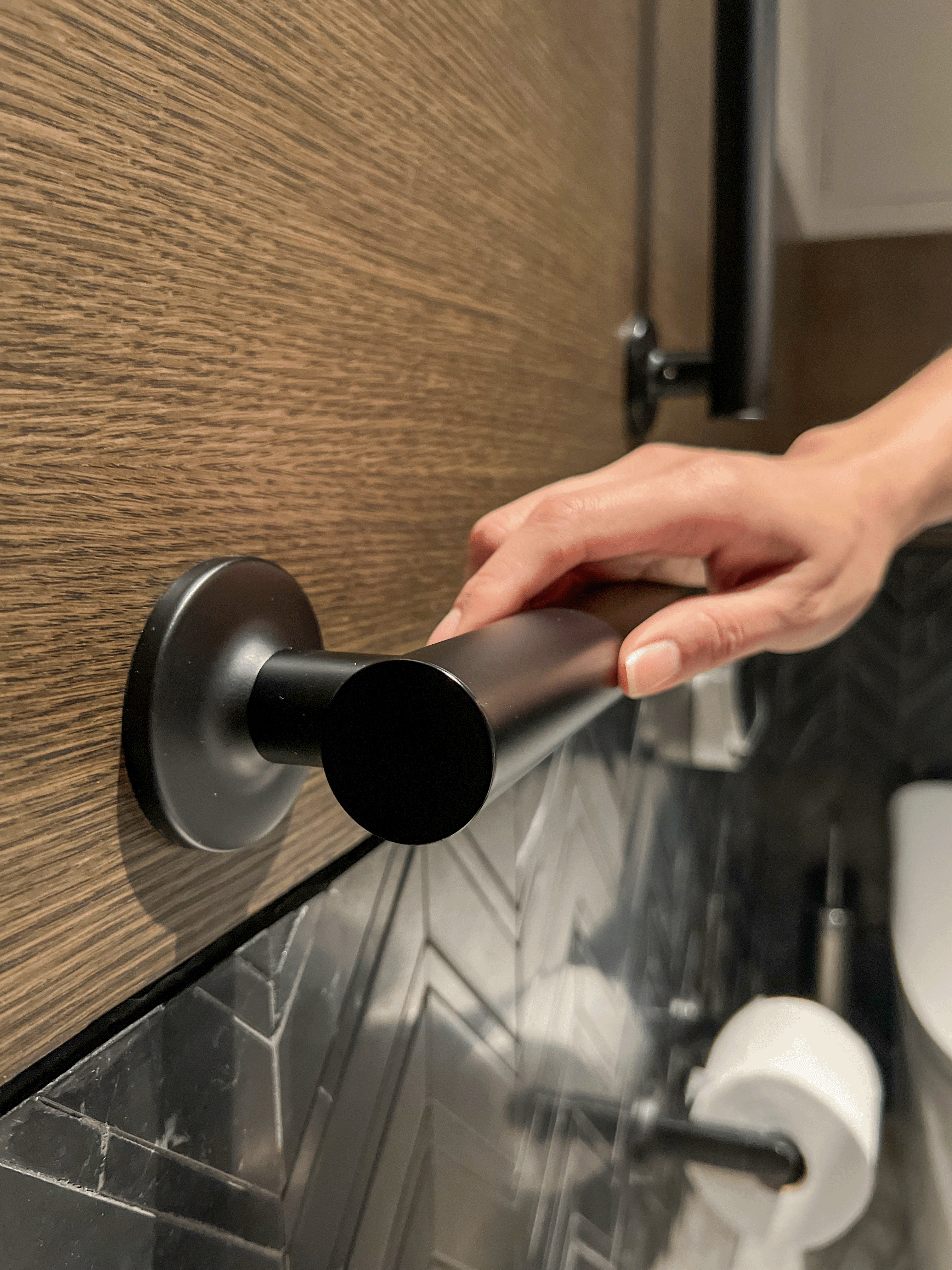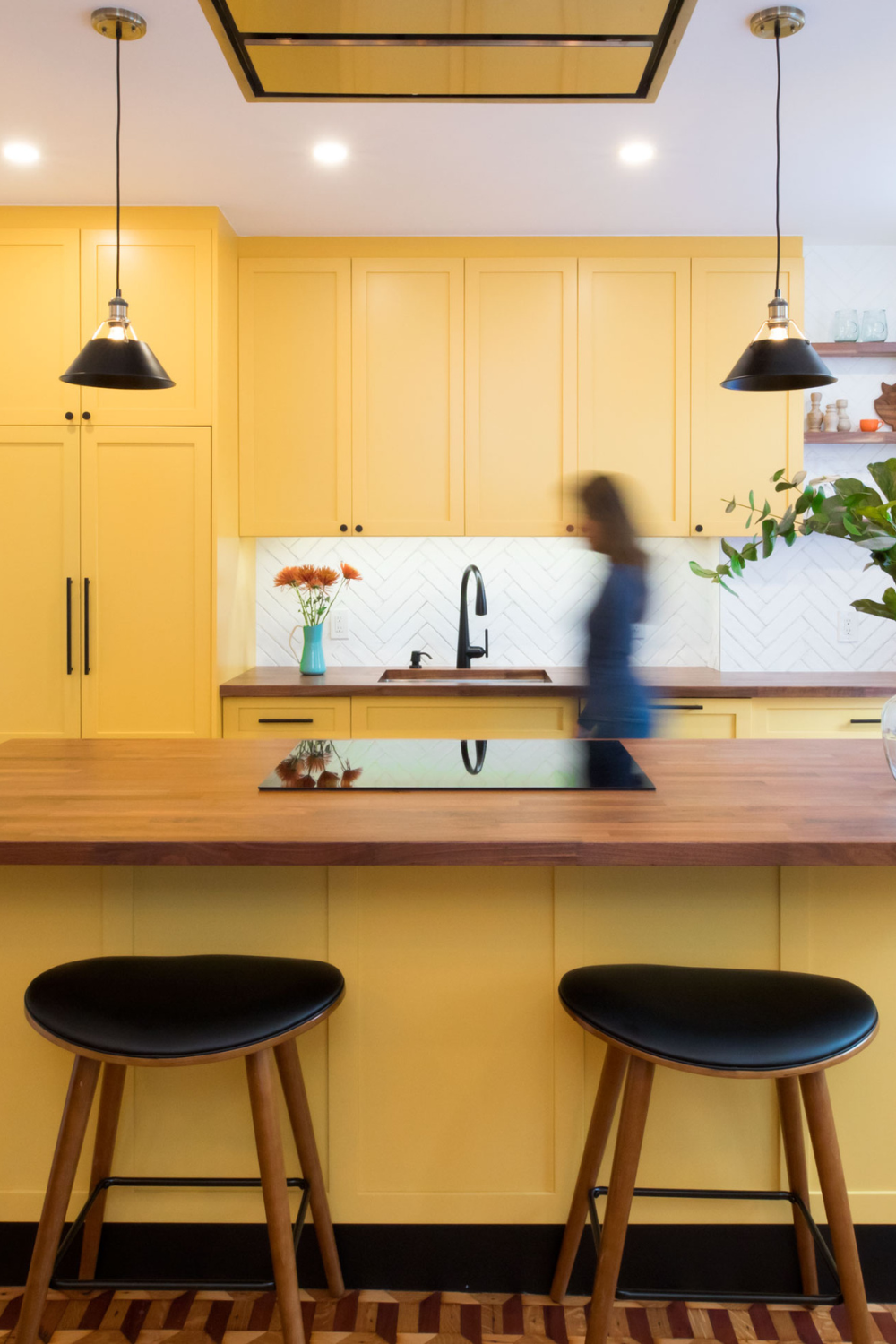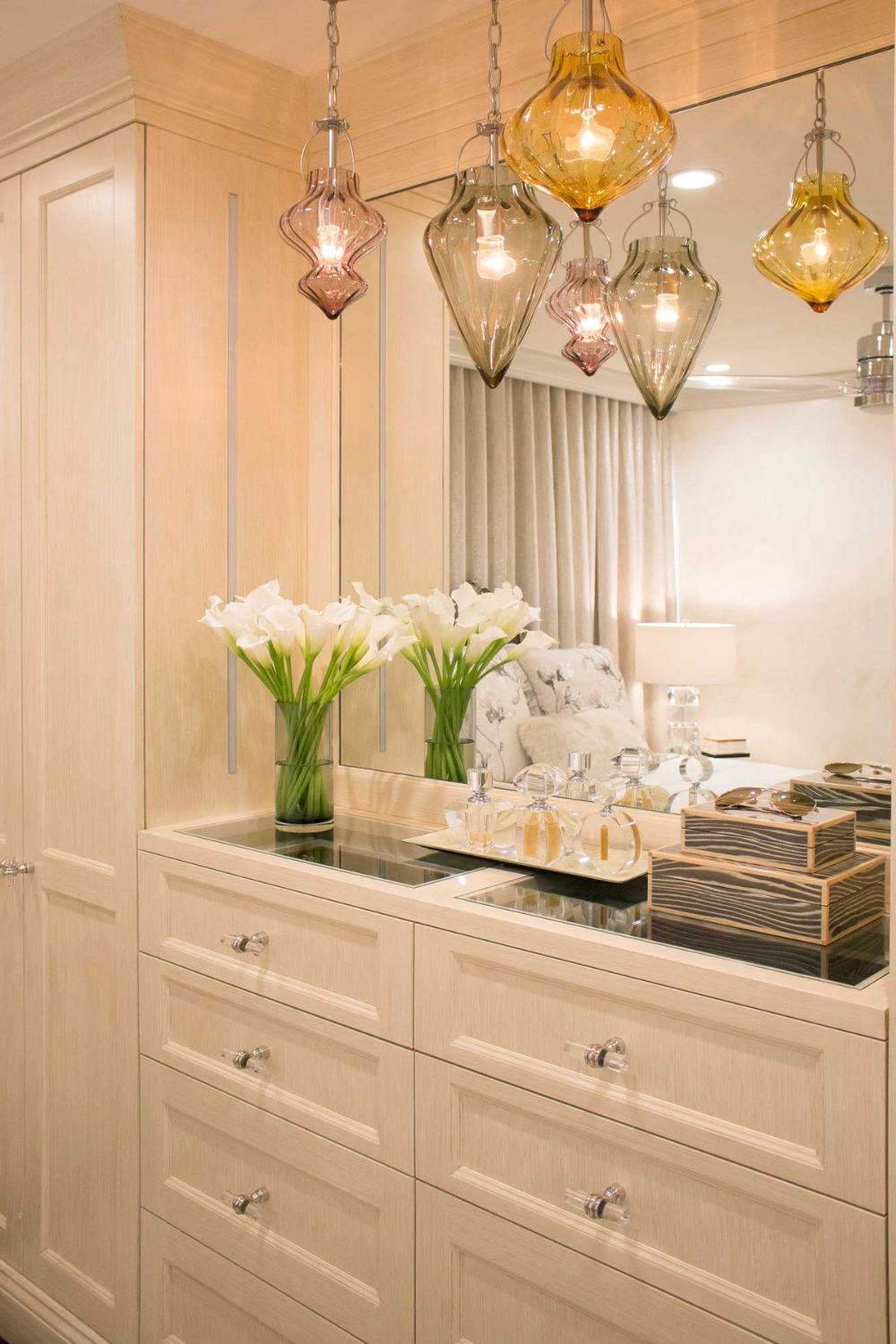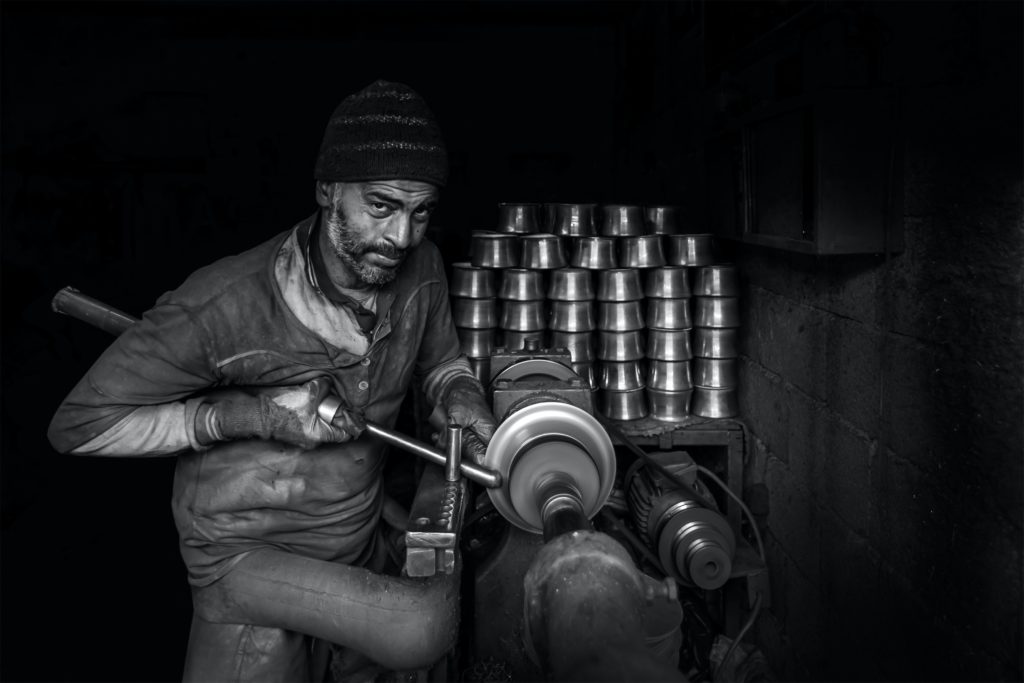
We know that there are far too many instances of workers treated poorly, underpaid, forced to work in unsafe conditions, or simply denied the flexibility to take parental leave or paid sick days. And, as we all know, there are even worse instances involving such horrors as indentured servitude and child labor. I don’t for one second believe that people don’t care about these issues, but I think it is so hard to grasp, and so impossible to know what we can do as individuals, that we often have to put it out of our minds in order to function.
I heard a podcast by author and spiritual guide Jack Kornfield, who has a very down to earth approach in his teachings. He addressed the sense of helplessness many people feel with respect to their own ability to heal society’s ills, and he suggested that it’s beneficial to think of it as tending to your own small garden plot, day by day. It isn’t large, and you will only witness change gradually, but it is your contribution to the world. If many people (hopefully all) tend their gardens with care, we will feel the cumulative effects on a large scale.
You cannot personally fix all that is broken, but you can vote with your dollars. And I believe we are already seeing a tremendous sea change in some sectors of the labor landscape. We understand the work-life balance is beneficial to everyone, and major corporations now proclaim their ethics as a selling point both to entice consumers and attract talent.
Who owns the business?
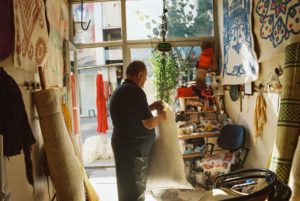
When sourcing materials, furniture, accessories, and labor, your job is to find the best product or service you can, within the bounds of your planned investment. You won’t always have more than one choice for certain items. But when you do, there is an opportunity embedded in your choice. This is when you can dig a bit into the company, their values, and their background. Depending on your belief system, you will identify aspects of certain suppliers and companies that really speak to you on a human level. You may decide to pay a little extra to patronize a business that you respect above others.
You may choose to buy from minority owned companies, or companies with exceptional philanthropic records or whose politics align with your own. Or you may prefer a smaller business that is family-owned and local, and whose product and philosophy strike a chord with you. It’s not likely that everything you spend money on can give you that warm glow, but if there’s a chance to direct your money toward something you care about, you’ll feel greater satisfaction in your final result.
Reading labels
If you’ve ever had to make a dietary change, you’re probably pretty good at reading ingredient labels and nutritional information. This attention to detail may have been extra work at first, but eventually it became second nature. If you can’t eat certain things, you simply scan for them on the label, or ask the right questions at the restaurants where you dine. You may also notice that some fairly complex and over processed foods are cheaper than many whole foods.
It’s not so different when choosing products, materials and companies for your design project. For example, when you go to an online retailer and see a bedroom set for $300, you might wonder, “how is this possible?” It may lead you to think about how it’s being fabricated, and to conclude that the manufacturer cut corners somewhere – perhaps in quality, safety, or worker rights. It’s hard to say at a glance, but worth the time to consider.
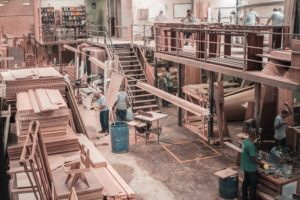
Innovative green materials and building practices, companies that take an active interest in their employees, and opportunities to direct your spending toward causes you hold close all add additional value to your project. And the positive effects stretch beyond you and your household to give value back to the community and the world at large, not to mention future generations.
The takeaway
If this is not something that has been on your radar, that’s okay. There are people who devote their entire careers to become experts in just a single aspect of this very broad topic. I don’t claim to be an expert either. You can’t be expected to know it all, or to navigate every single purchase as though the future of the whole planet depends on it. As I said above, there isn’t always an option that will meet your highest ideals, and so I don’t advise you to get so worked up that you feel paralyzed by the possibilities (or lack thereof).
Thinking holistically, you will find that the option which best serves your health and wellbeing is usually also the option that helps the environment, your community, and society in general.
This is an opportunity to contribute in small but meaningful ways to the growing collective consciousness that tells us our destinies and those of future generations are bound together by our common bond as humans and as inhabitants of the planet.
RELATED POSTS
As an Amazon Associate, this site may contains affiliate links and I can earn from qualifying purchases at no cost to you. View disclosure for more information.
I'm Claudia. Welcome to my Interior Design blog! I'm thrilled to share my expertise and passion with you. With over 20 years in the industry, I'm a Certified Interior Designer, holding an NCIDQ Certification, and an educator. Interior Design isn't just my career—it's my passion. Dive in to explore more about me. Click here to learn more!
Hi Friend!
Stay inspired—join our design community by subscribing to the blog today.
subscribe now
Other Posts You Might Like
©2025 Claudia Giselle Design | Interior Designer | Brooklyn, New York
Legal
BACK TO TOP
Testimonials
718-255-5949
Press
office@claudiagiselle.com
MENU
We create thoughtful, personalized interiors for those who value quality and beauty in every detail — serving NYC, Manhattan, Brooklyn, Long Island, the Hamptons, and the Hudson Valley (including Westchester and Dutchess County) & Beyond.
Timeless Classicism with a
Bold Touch of Elegance
Home
Services
Process
About
Blog
Portfolio
Scheudule a Consultation
GET IN TOUCH
Contact
